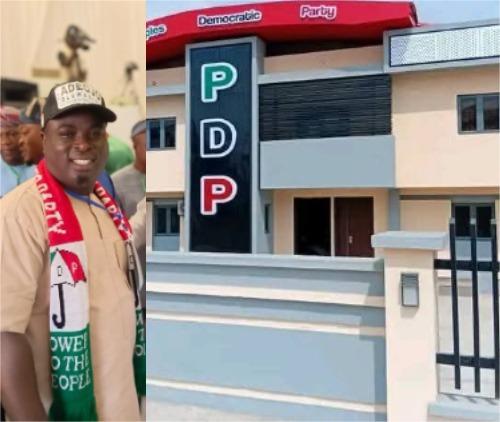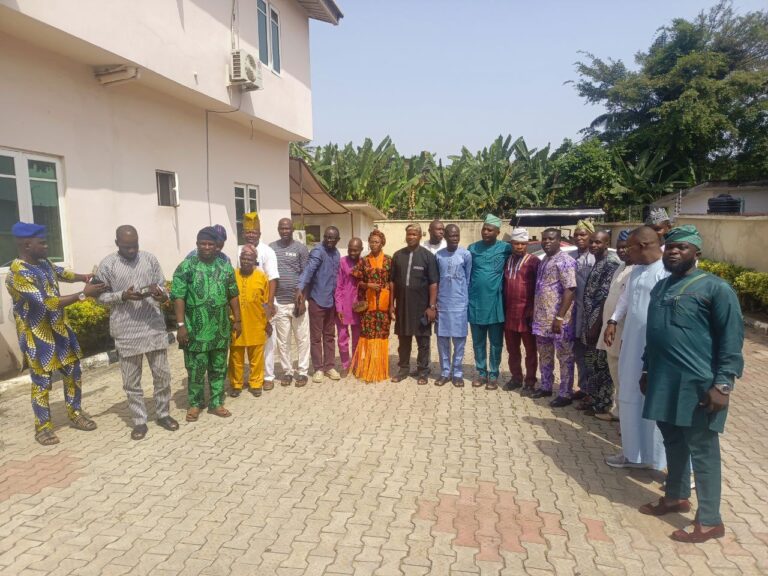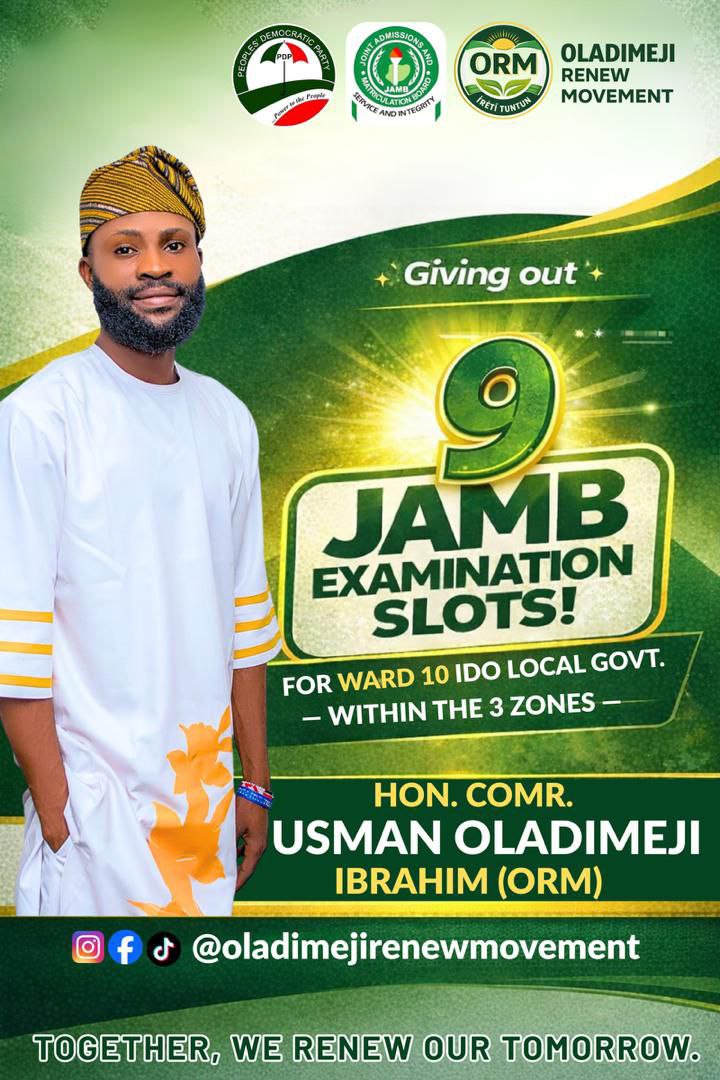
The death of former President Muhammadu Buhari has stirred fresh political intrigues, with renewed efforts by opposition parties and internal factions to woo his loyalists, particularly those from the now-defunct Congress for Progressive Change (CPC), the party he founded in 2009.
Since the emergence of President Bola Tinubu in 2023, the influence of CPC loyalists within the ruling All Progressives Congress (APC) has steadily declined. Prominent allies of the late president, including former Kaduna State Governor, Nasir El-Rufai, and ex-Secretary to the Government of the Federation, Babachir Lawal, have openly opposed Tinubu’s leadership and a possible second-term bid.
With Buhari’s demise, political observers believe the APC could face fresh challenges from his large northern support base, often described as cult-like and estimated at over 12 million strong.
Amid the shifting political sands, the African Democratic Congress (ADC) has declared that it is fast becoming the new political home for Buhari’s loyalists. ADC’s interim National Publicity Secretary, Bolaji Abdullahi, claimed in an interview that many of the late president’s associates have already joined their coalition.
“Most of the Buhari loyalists are already with us. The majority of them, the entire North is already with our party. We are very confident. The passing of the former president will only cement that for us because that was his wish when he was alive that his members should join the coalition,” Abdullahi said.
He listed top political figures such as Babachir Lawal, Abubakar Malami, Isa Pantami, Emeka Nwajiuba, Nasir El-Rufai, Rotimi Amaechi, and Rauf Aregbesola as key members of the new coalition, arguing that the presence of these Buhari-era officials indicates where the late president stood politically before his death.
Abdullahi also accused the Tinubu-led APC government of marginalizing and vilifying Buhari, especially in its handling of the country’s economic crisis.
“President Tinubu’s government has blamed Buhari for almost every economic woe. So, why would Buhari followers or loyalists remain with the APC?” he asked.
Despite the defections, a number of CPC figures remain within the APC. These include former Nasarawa State Governor, Senator Tanko Al-Makura; Katsina State Governor, Dikko Radda; Chairman of the NDLEA, retired General Buba Marwa; former Speaker of the House of Representatives, Aminu Bello Masari; and the current North West National Vice Chairman of the APC, Garuba Datti.
Others still aligned with the ruling party include Adamu Adamu, Senator Mustafa Salihu, Dr. Nasiru Argungu, Okoi Obono-Obla, Osita Okechukwu, Waziri Bulama, and Dr. Dominic Alancha, among several others.
However, sources within the APC told the media that some of these figures may eventually exit the party, especially those who feel increasingly sidelined since Buhari left office.
Speaking on the political implications of Buhari’s death, former APC National Vice Chairman (North-West), Salihu Lukman, now a member of the ADC coalition, said the late president’s stature in northern politics was unmatched.
“Now we don’t have any figure like that. Politicians must relate to citizens with higher humility rather than the current arrogance,” Lukman said during an appearance on Arise TV.
He called for a new political model that prioritizes team spirit and citizens’ welfare over personal ambition.
In reaction to the defection claims, APC’s Director of Publicity, Bala Ibrahim, dismissed the likelihood of mass exits by Buhari’s allies, saying they remain ideologically aligned with the ruling party.
“No, they will not support ADC. It’s not possible. They are people of different ideologies. They are more comfortable with and in the APC,” he said.
He, however, acknowledged that Buhari’s passing had created a void within the party, one that he believes would push the APC into a period of sober reassessment.
Former Minister of Communications, Adebayo Shittu, a CPC stalwart, also denied reports of a planned defection, insisting he remains committed to the APC and plans to contest the 2027 governorship election in Oyo State on its platform.
“The exit of Buhari can’t break up or divide the APC. Although you can’t rule out the fact that some elements of CPC may go, there are more people moving into the APC,” Shittu said.
Meanwhile, opinions remain divided among northern leaders. Former Secretary General of the Arewa Consultative Forum (ACF), Anthony Sani, downplayed the political impact of Buhari’s death, arguing that the APC remains the natural home for his supporters.
“He said he would remain in the APC, which had made him President twice. Given the attitude of his supporters, I do not see how they will betray Buhari, even in his grave,” Sani stated.
He also questioned the viability of the opposition coalition, citing lack of ideological clarity and zoning complications as potential obstacles.
With the 2027 general elections approaching, Buhari’s death appears to have opened a new chapter in Nigerian politics one that could redefine alliances and reshape the power dynamics within the APC and beyond





